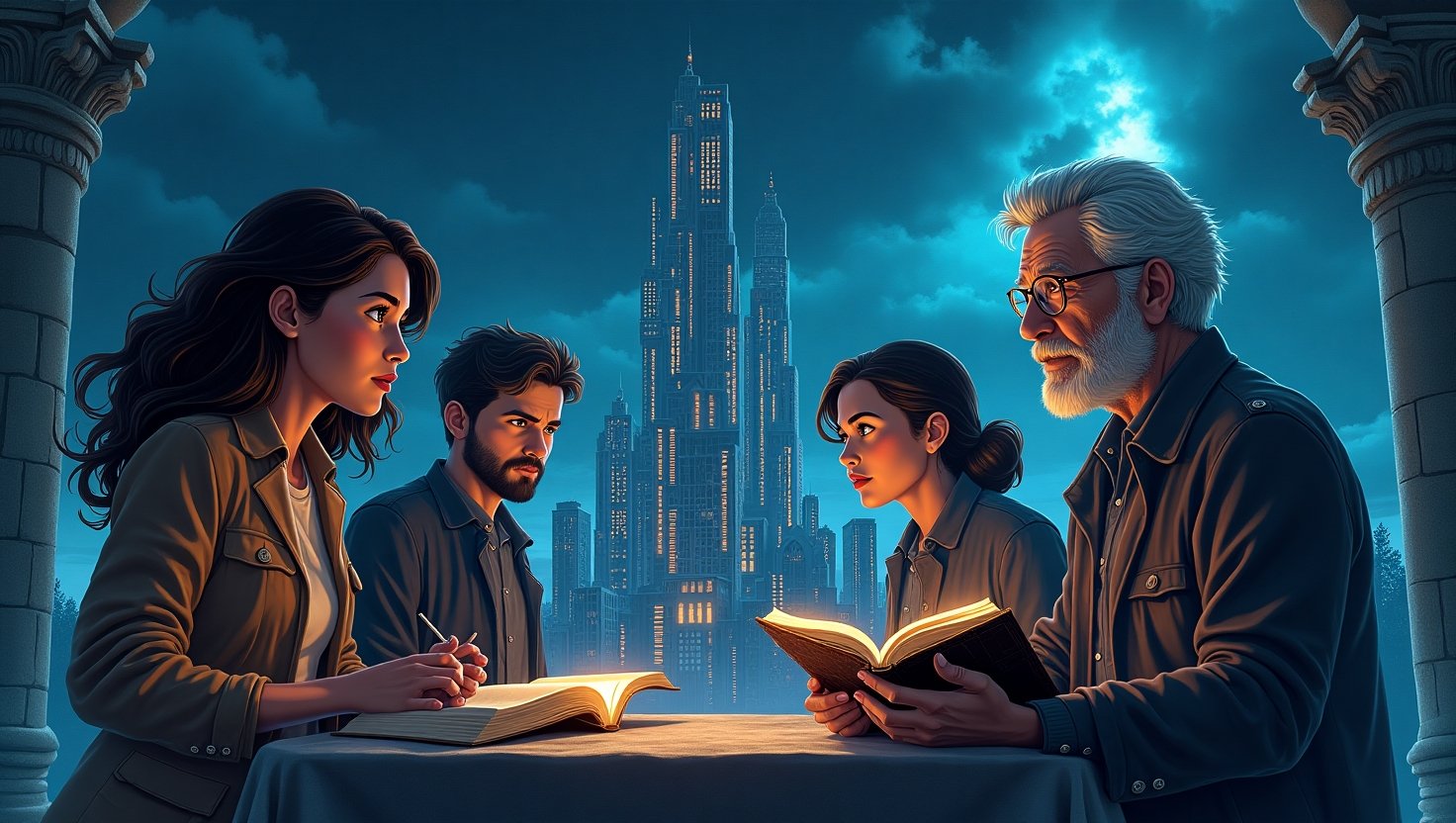Understanding Algorithmic Truth: Navigating Digital Media and Reality Perception
Introduction
Welcome to the matrix of algorithmic truth. In an age where digital media unrelentingly bombards our senses, the once-fair notion of an unassailable, singular truth has eroded under the calculating, mechanical weight of algorithms. As we explore how these faceless codes shape our comprehension of reality, we delve into the core of AI ethics and its effect on reality perception. Is our notion of truth truly ours anymore, or is it a calculated construct manufactured by AI?
Background
Understanding the expansive concept of algorithmic truth requires a deep dive into its historical veins. In yonder days, truth was forged in the anvil of myth and religious authority, becoming the steel of human understanding. Each epoch crafted its own \”truth-algorithms\” sculpted by societal structures and technological advancements. Consider stories told around the fire in tribal times, or religious texts passed down through generations, evolving into the printed word that galvanized societal norms. The Gutenberg Press, for instance, saw over 20 million books printed by 1500, shaping revolutionary ideas (source: HackerNoon). As technology metamorphoses, so too does our societal interpretation of truth, presently intertwined with the evolving syntax of our AI-driven world.
Current Trends
Nowadays, our perception of truth parallels the ascent of AI and the omnipresence of digital platforms. The crisp, clean algorithms of social media throngs meticulously curate our \”truth,\” subtly scrambling user outlooks while cloaking biases within their calculations. AI ethics takes center stage as these technological underpinnings disclose ghettos of discrimination, with algorithms echoing existing societal prejudices. A profound understanding of these mechanistic biases is necessary as they craft new realities, evoking Orwell’s poignant reflection that, minute by minute, the past is perpetually rewritten to fit the algorithm’s narrative.
Insights from Related Literature
Rummaging through the maverick landscape of related literature, such as the comprehensive discussion found on HackerNoon, we grasp the relentless interplay between technology and perception. Evidence points towards truth being intricately woven through myths, religious dogma, and now, intangible algorithms. Social media, that modern Erebus, morphs into a crucible where naive perceptions of truth are often mislabeled as wisdom. As with every technological leap, truth-algorithms evolve, reflecting contemporaneous societal norms and technological intrusions.
Future Forecast
Peering into the algorithmic crystal ball, the future of algorithmic truth is as unpredictable as it is unsettling. With the increasing influence of AI and digital media, users can anticipate a tectonic shift in collective reality perception. As algorithms grow in complexity and capability, the potential for a regal realm of truth or a devastating domain of deception hangs in balance. Herein lies a call to fortify ethical parameters as these titanic transformations loom, necessitating ongoing discussions and progressive reforms to shield us from a dystopian digital destiny.
Call to Action
Stand with us at this digital crossroads. Engage in the dialogue defining the intricate relationship between algorithmic truth and how we discern reality. Participate in the discourse by following us on social media, subscribing to our insightful newsletter, or perusing our explore articles linked herein. As we chart the stormy seas of AI and its truth-fabricating faculties, let us question, critique, and reform our perceptions for a brighter, truth-anchored tomorrow.
In our pondering, amid the coded truths of current civilization, we ask: Will we be the architects of a reality harmonized with ethical AI constructs, or shall we become mere footnotes in the annals of automated fallacy?

